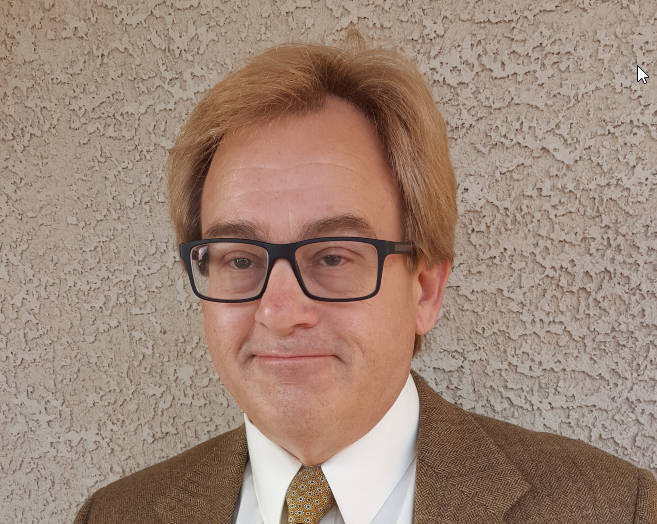Out of the closet: I am a journalist
When you look back on career choices and nonchoices, can you think of a pivotal moment that turned the choice for you? For instance, a dentist might say she was inspired by a dentist who got rid of the pain of her abscessed tooth as a child. My turning point came later in life. Though at the age of 12 I thought I would be either a nuclear physicist, computer scientist or mathematician, in the end I took a college degree in journalism.
My inspiration was Bob Woodward and Carl Bernstein’s groundbreaking work in exposing the Watergate crimes. Their painstaking efforts to uncover the truth, the whole truth and nothing but the truth impressed me more than I can say.
When public officials or personalities complain of the media or so-called fake news, they are only revealing discomfort caused by the exposure of their lies and misdeeds.
My professional career has taken me into many realms. At times I’ve worked as a journalist, a crime analyst, a writer, an editor, a publisher, a producer, a statistician, a computer programmer, a database specialist, a financial auditor, a Health Insurance Portability and Accountability Act administrator, a legal administrator, a tax planner, a bookkeeper, an economic modeler, a martial arts teacher and a political consultant.
But despite my degree in journalism, until now I’ve resisted calling myself a journalist, even though it is true. I took a hiatus while I was married in the 1980s, but in 1994 I returned with reporting on Texas’ environmental governance. From 1998-2000 I produced one of the earliest web projects in straight neutral reporting on political candidates.
So why my reluctance? Am I ashamed to be a journalist? No. In fact, I admire working news reporters so much that I’ve never felt I was in their class. To call myself a journalist would be like an ego trip, like I was pretending to be one of them. I make no pretenses, but journalism is perfect for me because journalists can cover anything, not just daily news. Many specialize.
Anthony Bourdain was a journalist by any standard. John F. Kennedy took his first job after the Navy as a special correspondent for the Hearst papers; he covered the Potsdam Conference as a journalist. Although I doubt there is room for me on those lofty plains, as journalists we are similar in the choice to cover what we please, as long as we can find an editor or producer to run with it.
All this is by way of talking about how important journalism is to our democracy today. I’ve covered and personally witnessed enough criminality, political and otherwise, to know that journalism is crucial to making American freedom and democracy possible.
My first professional hero, Woodward, is proving once again that the First Amendment is critical to the proper functioning of government. How is journalism critical? Transparency in governance allows democracy to work as a political marketplace that repairs its errors as they are found. Since government officials resist transparency, it falls to journalists to put their feet to the fire.
Woodward’s new book, “Fear,” could end up serving as great a purpose as his original work with Bernstein. He’s written a lot of books in the past 25 years, but “Fear” is by far the most substantial of anything since “All The President’s Men” and “The Final Days.”
His impeccable reputation has made it possible to gain access to members from the highest level of the Trump administration. No one has yet documented any inaccuracies in “Fear.” Woodward has tapes of his conversations to prove the comments were real and accurate. He never takes sides. His personal humility is remarkable.
Journalism is a great and honorable profession. The near death of newspapers will not kill journalism. For those who want to write and to investigate but who do not want to be shackled to institutional journalism, it can be downright liberating.
If you want to report, learn to write. Learn your subjects exceptionally well, starting by interviewing the experts or insiders who know it best. Don’t write homilies or feel-good whipped cream; that’s not journalism. Instead report events taking place and the people behind them. Like Woodward, don’t take sides.
And keep the news tips coming. I don’t play gotcha journalism, but when they try to lie they will get got.
Dale Napier is a journalist and businessman.





